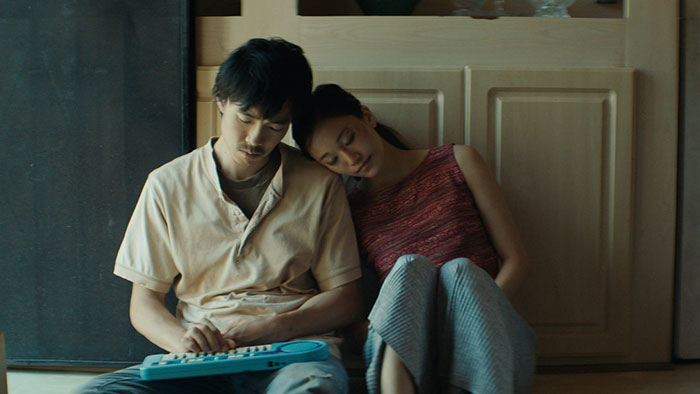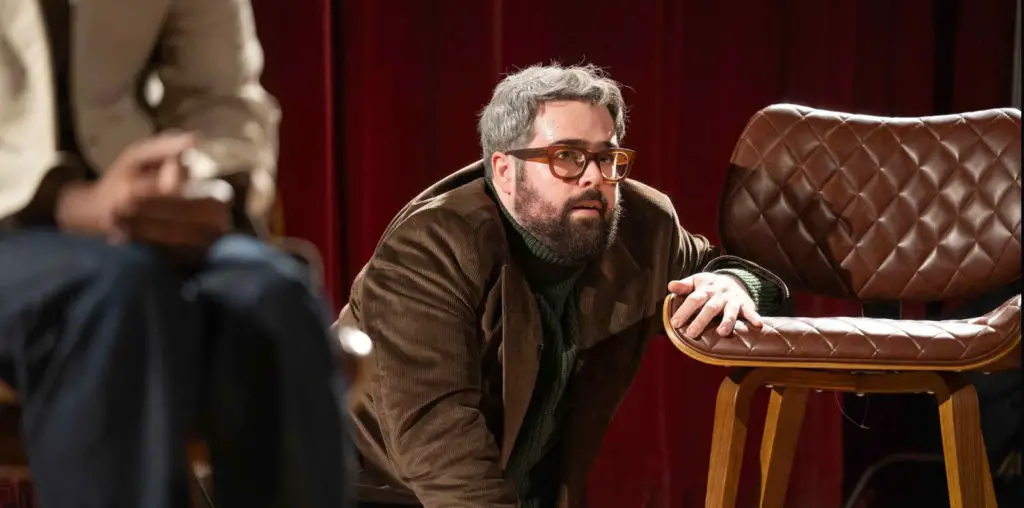
I think even the tone of this film is very different. One of the things that I’ve been talking a lot about in terms of independent films is this idea of “show, don’t tell,” where you’re not driving the narrative on the dialogue, but you’re doing it solely on the performances. And you tend to do that a lot through this film.
Oh, I share the same philosophy. You know, I think about tone a lot, but I don’t let it bog me down. Because sometimes people might feel my films are uneven, but that’s intentional, and I’m aware that it is.
Do you think it’s because maybe films can often feel too clean?
Yeah. And I feel that it should come from the filmmaker’s soul and from a place of creativity. I don’t want the tone to bog that down. So, in general, Ms. Purple tends to be a much more intimate with very little dialogue, and a lot of just experiential first. It’s immersive, you’re just with the characters. But then there are moments that I want you to not like some people in the film where, for example, when he’s pushing the dad across the street, and it’s kind of a very poppy moment. Some people don’t like that because, “That’s not tonally, that’s not the…” And I’m like, “I don’t give a f**k.” That’s what I wanted to do. And it’s something that really got me excited when I was writing the film.

“…we can never predict in a moment what’s going to happen or what we discover.”
Let’s talk about acting and directing the acting, especially when it comes down to they have to give the more emotional performance than saying the words the right way.
I do a lot of rehearsal. I do usually a month of rehearsals if it’s a film that I’m producing. And I do that because then on the day there’s a little bit more room to play and they know what is the base, or the foundation. And then I like to explore. And then I like to take away dialogue, add dialogue and change dialogue to try to find the truth. Because we can plan all we want, but it’s never like we can never predict in a moment what’s going to happen or what we discover. And I really try to leave room for that. So as you see in the films, in my films that what you’re seeing is that exploration and what I felt the most honest.
Sometimes they talk a little bit more. Like you know in the middle of the film where around the dinner table, they’re talking a lot. They’re talking a lot of bullshit, memories from the past or whatever. But there’s stuff that felt very true to me and then … But in that section of the film, I really felt like they need to connect and talk, even if it’s about nothing.
Was there a specific challenge you wanted to meet in making Ms. Purple?
Well, first was to write for a female. It’s very hard. Very, very hard. A lot harder than I thought it was. I was very naive to think that I just had it handled.
And you can never claim you nailed it either.
Yeah, exactly. So that was a challenge that I was hoping to at least try to tackle. The other challenge was to create a very believable, honest relationship between the brother and sister. And I think that I did that.

